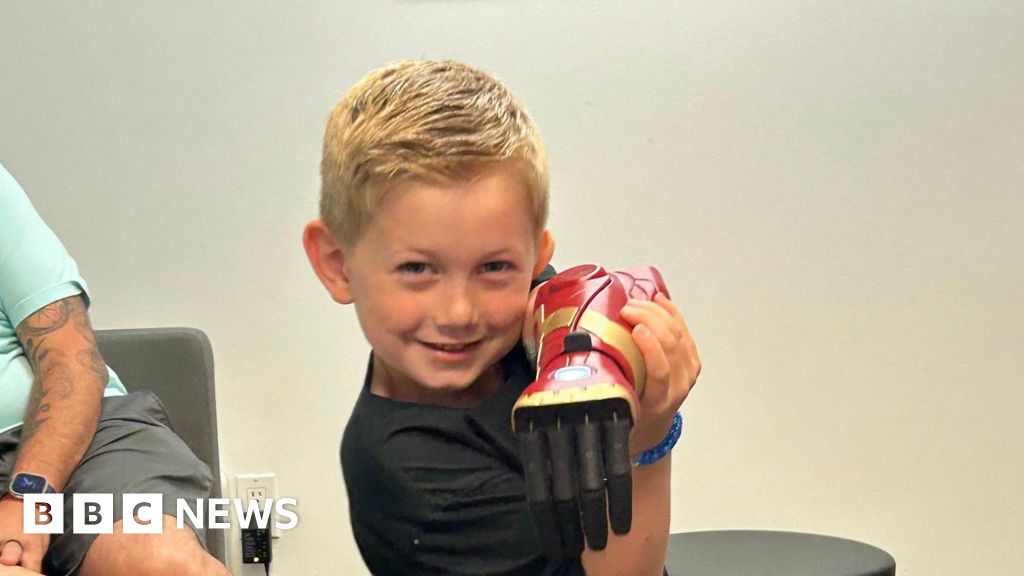Get the latest tech news
The hikikomori in Asia: A life within four walls
Many young people across Asia are cutting themselves off from society, locking themselves at home for months or years. Here’s why.
I wouldn’t leave my bed for even half a step.”\n\n“To be honest, I felt like I had given up.”\n\nA shrinking life: Why some Asian youth withdraw from the world\nBy Jessie Yeung, Sophie Jeong, Carlotta Dotto, Woojin Lee, Kenneth Uzquiano and Saki Toi\nPublished May 25, 2024\n\n(CNN) — Charlie was 15 when his life inexplicably shrank to fit within the frame of his lower bunk bed in his family\'s cramped Hong Kong apartment.\n\n“I felt very depressed, confused, like I didn’t know what I wanted,” said Charlie, who’s now 19 and still learning how to navigate the world outside.\n\nCharlie is among millions of hikikomori, a Japanese term for people who cut themselves off from society, sometimes for months or years – often Gen Z and Millennials in the prime of their youth.\n\nThe phenomenon first emerged in Asia, and is particularly well-documented in Japan – but similar stories are surfacing in other parts of the world including the United States, Spain and France.\n\nResearchers at Yale University have suggested that the rise of the internet and decline of face-to-face interaction may be driving the global spread of hikikomori. That makes up about 244,000 people across the country.\n\nLast year, the government passed an amendment making some reclusive youth eligible for financial support, including up to 650,000 won ($475) per month for living expenses, to help them “re-enter society.”\n\nMany Millennials and members of Gen Z have “perfectionistic concerns,” said Hur Ji-won, an associate professor of psychology at Korea University.\n\nPeople with “perfectionistic concerns” are typically sensitive to criticism, are overly self-critical and fear failure.\n\nWhen people with those traits try new things and fail to achieve results that meet their standards, “they get very discouraged and anxious,” Hur said.\n\nSmaller families are also contributing to the problem, said Yoon Chul-kyung, executive director of G’L Out of School Youth Research Institute.\n\n“In the past, because we had large families and many siblings, we were able to learn a lot about how to relate,” Yoon said. Gradually, he began participating in the center’s activities - pet therapy, arts and crafts and volunteer work.\n\nHe said he still feels anxious when meeting new people, and is more solitary than before, but he has also come a long way.\n\nKato, the Japanese expert, says in time, self-isolating for weeks or months may not seem so unusual.
Or read this on Hacker News

